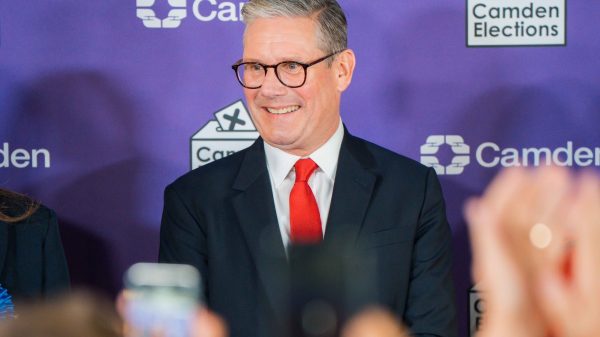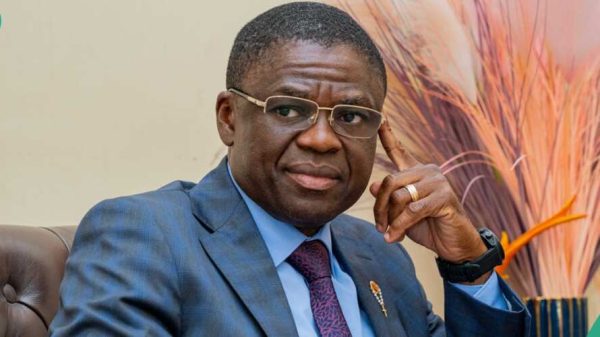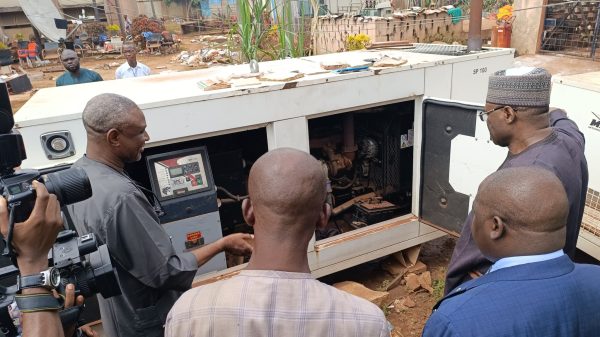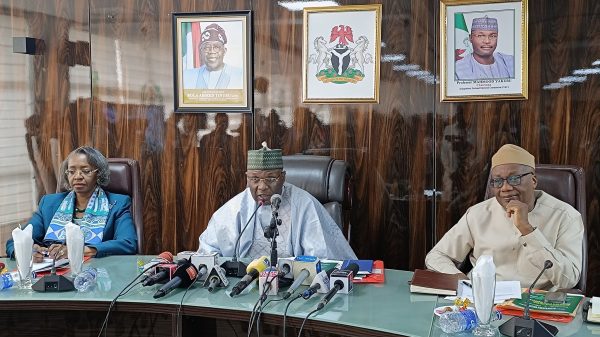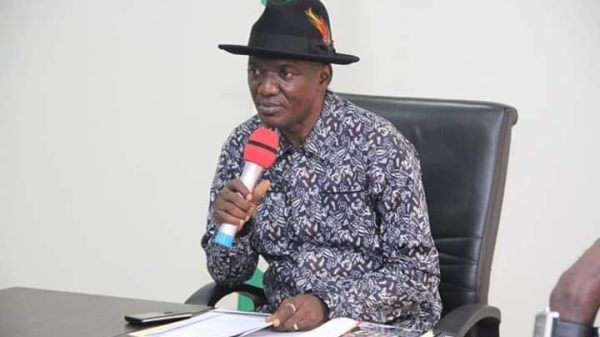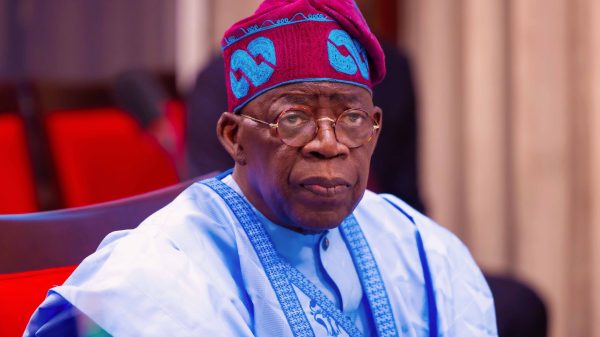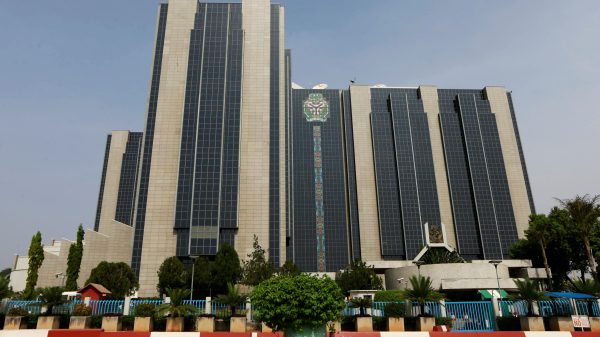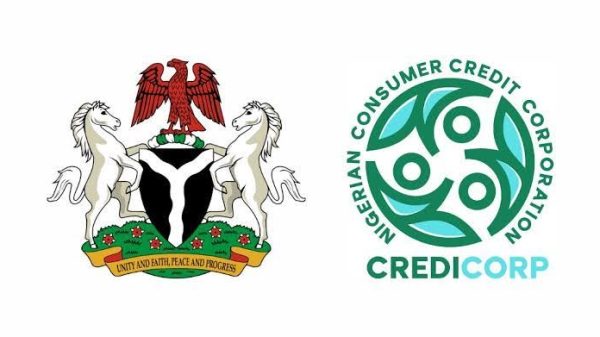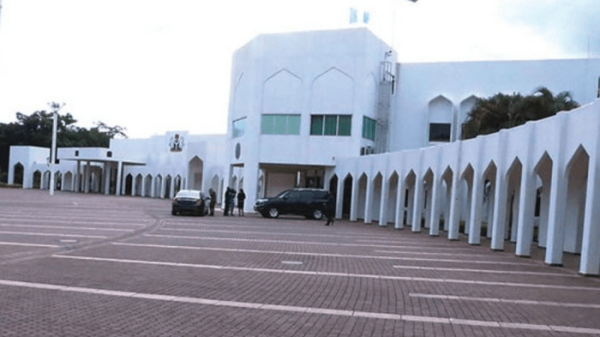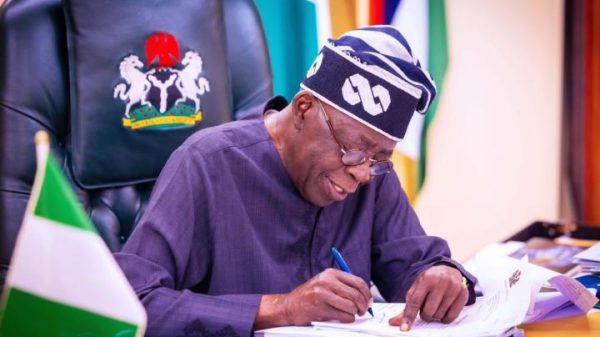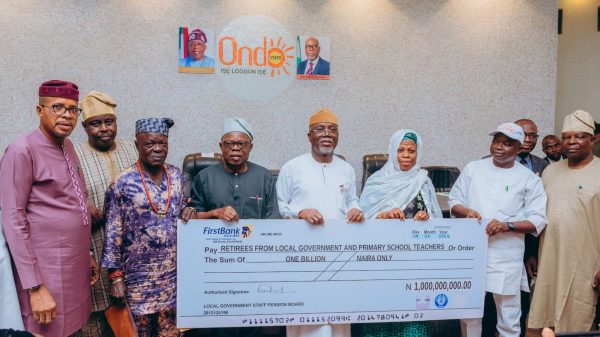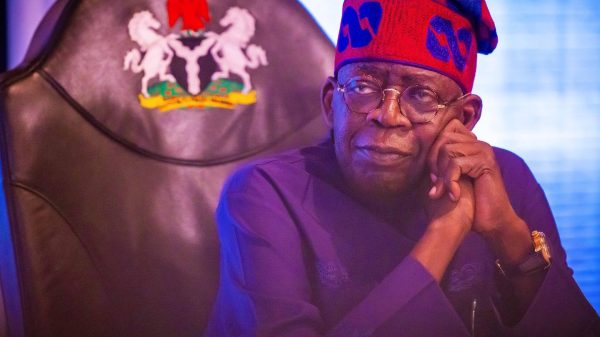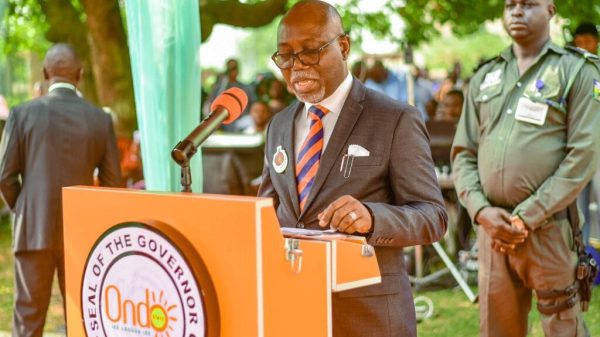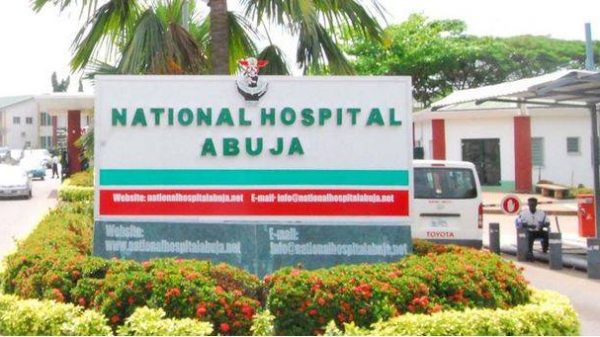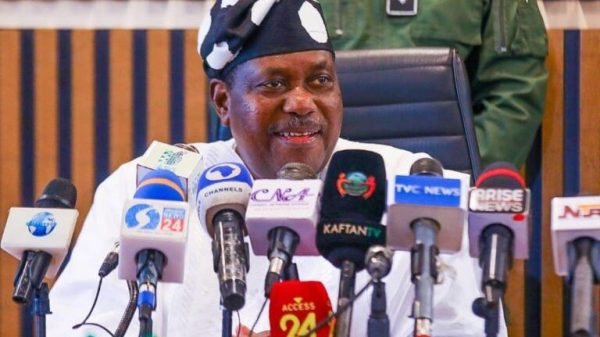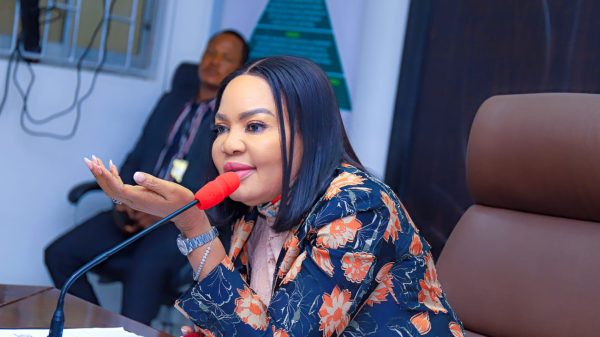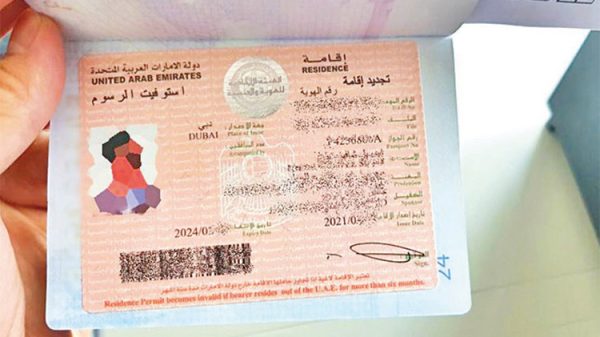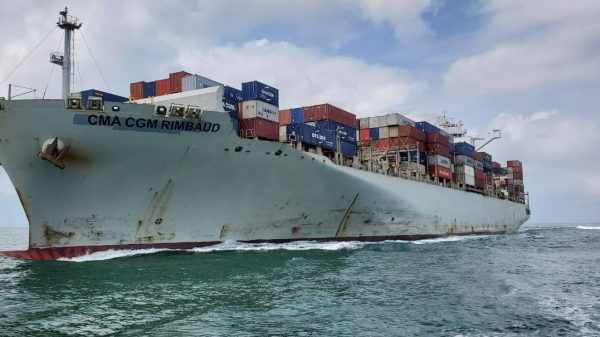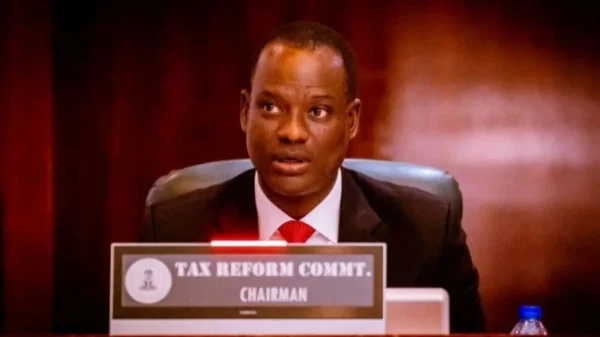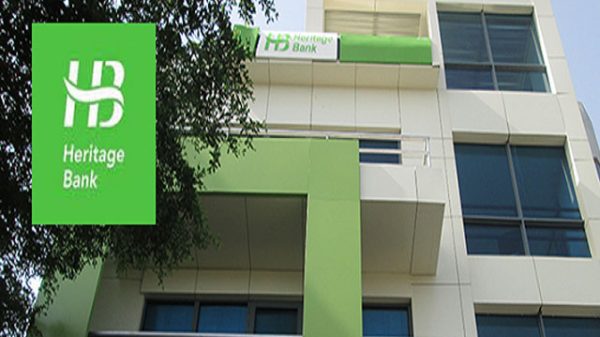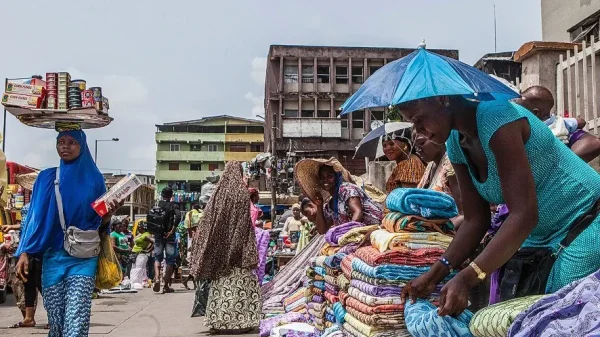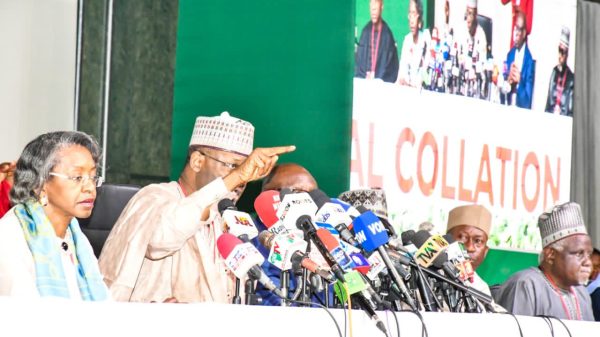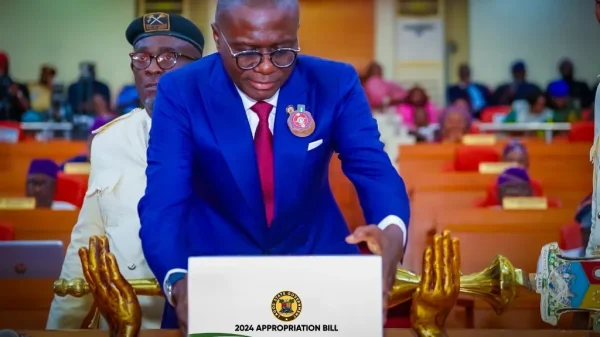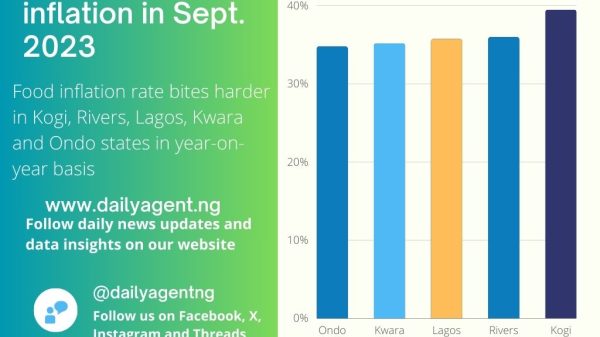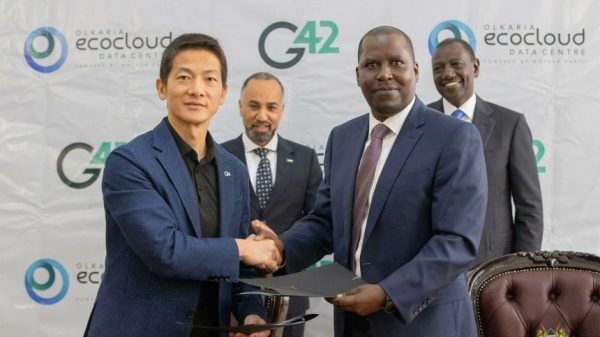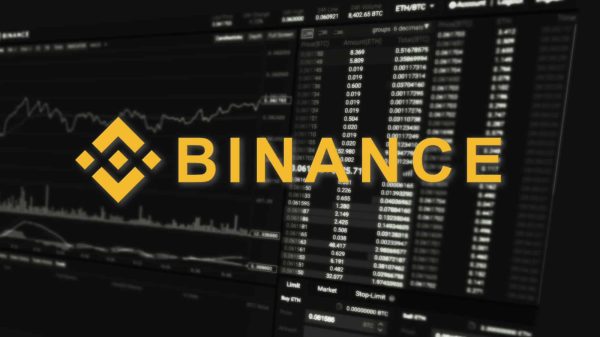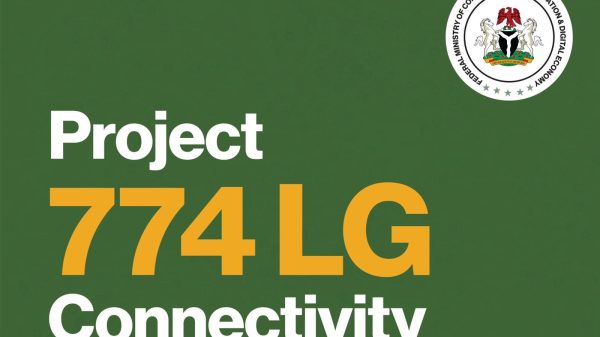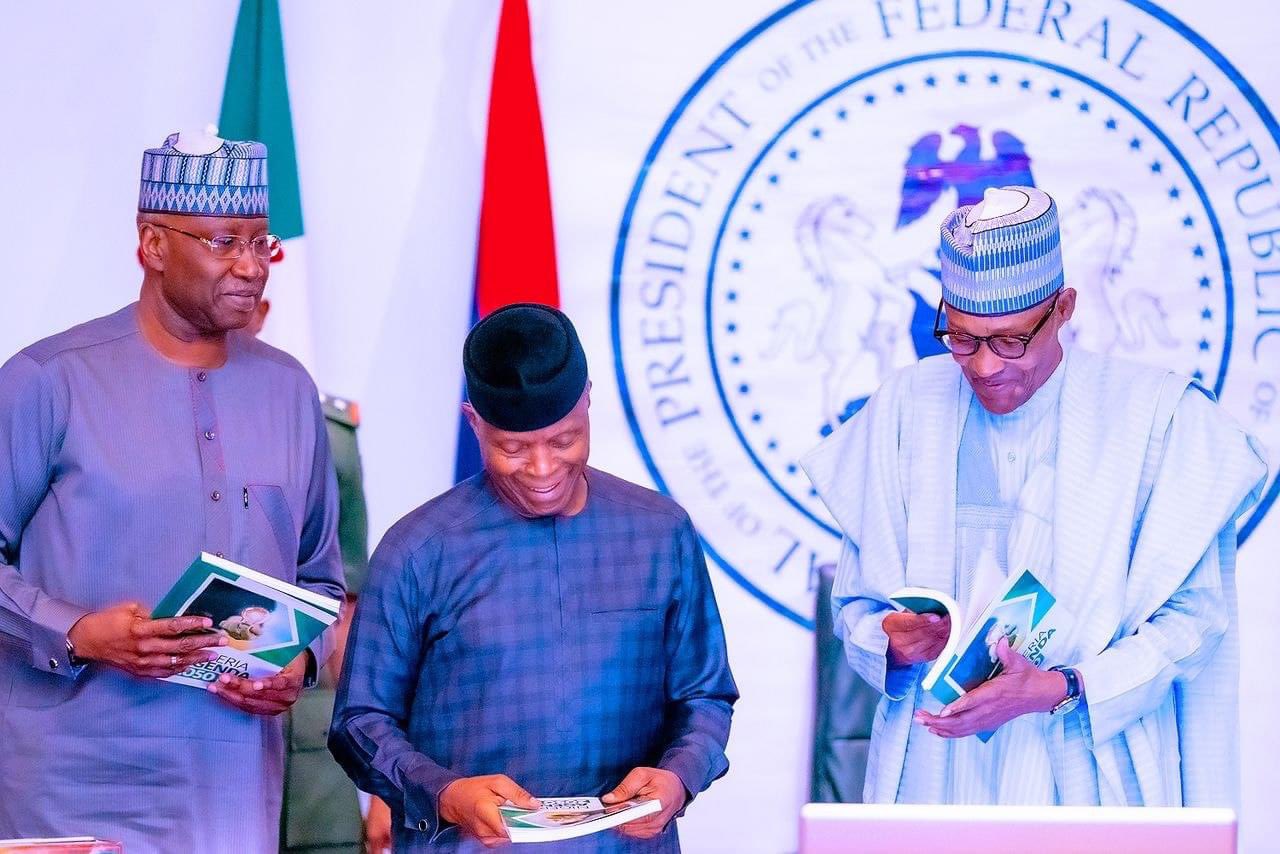The federal government has launched Nigeria’s Agenda 2050—a long-term national development plan for the country.
President Muhammadu Buhari inaugurated the Agenda 2050 on Wednesday during the weekly federal executive council (FEC) meeting in the State House, Abuja.
The aim of the agenda is to ensure Nigeria attains a GDP per capita of $33,328 per annum, placing the country among the top middle-income economies in the world by 2050.
GDP per capita is a measure of a country’s total economic output divided by its total population.
World Bank data shows that Nigeria’s GDP per capita in 2021 was $2,065.7.
President Buhari during the launch, said the agenda has the vision of a dynamic, industrialised and knowledge-based economy that generates inclusive and sustainable development for the country.
According to him, given the measures already in place for continuous plan implementation, successive administrations would find the document useful in the delivery of electoral promises to Nigerians.
‘‘You will recall that in March, 2020, I approved the development of successor Plans to both Nigeria Vision 20:2020 and the Economic Recovery and Growth Plan (ERGP), 2017-2020. The Plans lapsed in December 2020,” a statement issued by Femi Adesina, presidential spokesperson, quoted Buhari as saying.
‘‘To give effect to this approval, I inaugurated the National Steering Committee in September 2020 under the leadership of the Hon. Minister of Finance, Budget and National Planning and a Distinguished private sector operator, Mr. Atedo Peterside.
‘‘The Steering Committee is to superintend the preparation of the Nigeria Agenda 2050 and the National Development Plan (NDP), 2021-2025 to succeed the Nigeria Vision 20: 2020 and Economic Recovery and Growth Plan (ERGP), 2017-2020, respectively.
‘‘At the inauguration, I charged the Steering Committee to prepare inclusive Plans that would cover all shades of opinion and ensure even and balanced development, as well as put in place necessary legislations for continuous implementation of Plans even after the expiration of the tenure of successive Administrations.
“This was achieved with the preparation of the Volume III of the NDP which deals with Legislative Imperatives for identified binding constraints to Plan implementation in Nigeria.
‘‘It is instructive to inform the Council and indeed all Nigerians that I had on December 22, 2021, launched the first of the six number 5-year medium-term plans, the National Development Plan (NDP), 2021-2025, that will be used to implement the Long-Term Plan.
‘‘Council also on March 15, 2023, approved the Nigeria Agenda 2050 that we are launching today.”
Finance minister, Zainab Ahmed said the agenda will tackle unemployment and create jobs.
She said the plan was formulated against the backdrop of subsisting economic and social challenges facing the country.
Speaking on the challenges, she listed fragile and non-inclusive growth, insecurity, high population growth rate, limited concentric economic diversification and low productivity.
‘‘The Plan is a long-term economic transformation blueprint designed to address these challenges,’’ the finance minister said.
She said that with the expected improved capital accumulation, investment as a ratio to gross domestic product (GDP) is expected to increase from the current 29.40 per cent to 40.11 per cent by 2050.
According to the minister, under the plan, the bulk of the investment is expected to be financed by the private sector while total employment is expected to rise to 203.41 million in 2050 from 46.49 million in 2020.
‘‘This implies that unemployment will drop significantly to 6.3 per cent in 2050 from 33.3 per cent in 2020,” she said.
Also, Clement Agba, minister of state for budget and national planning, the Nigeria Agenda 2050 was developed in response to various ongoing development challenges in the country and the need to address them within the framework of six medium-term development plans.
“The programmes and projects outlined in the plan are expected to promote development and reduce poverty through the establishment of institutional frameworks, which will provide the enabling environment required for the private sector to take the lead role”, Agba said.





